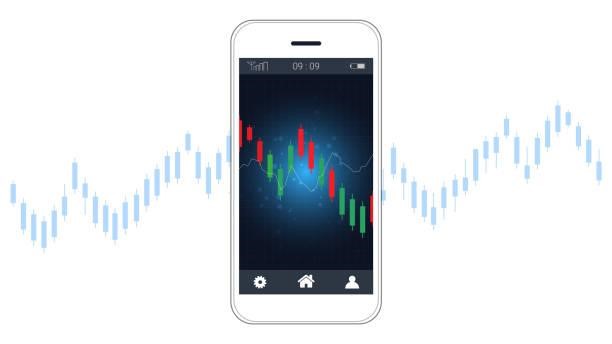Emotions are one of the biggest challenges new traders face when starting their journey on platforms like Quotex. Fear, greed, impatience, and overconfidence often lead to poor decisions, unnecessary losses, and even account blowouts. While technical strategies and analysis are important, emotional discipline is what separates consistent traders from beginners who quit early. This article offers practical tips to help new Quotex users avoid emotional trading and build a more stable trading mindset.
Why Emotional Trading Is Dangerous
Trading involves real money and real risks. Naturally, emotions become part of the process. However, emotional decisions are often impulsive and not based on logic or strategy. Common examples include:
- Revenge trading after a loss
- Overtrading after a win
- Doubting your plan mid-trade
- Fear of missing out (FOMO) when the market moves quickly
These emotional reactions can turn a small mistake into a series of losses, damaging both your confidence and your account balance.
Tip 1: Use a Clear Trading Plan
Before placing any trade on Quotex, have a simple trading plan in place. Your plan should include:
- What assets you will trade (e.g., EUR/USD, BTC/USD)
- What strategy you will use (e.g., RSI signals, support/resistance)
- How much you will risk per trade (e.g., 1–3% of your capital)
- When you will trade (e.g., only between 9–10 AM)
Having a plan keeps you focused and prevents you from trading based on emotion. If a trade setup doesn’t match your plan, skip it.
Tip 2: Always Trade with a Stop Rule
New users often keep trading just to “win it back” after a loss. To prevent this, create stop rules for both profit and loss.
Examples:
- Daily Loss Limit: Stop trading if you lose 3 trades or 5% of your account in one day.
- Profit Target: Stop after reaching a set profit (e.g., $10 or 3 winning trades).
These rules protect your account and help avoid trading while emotionally unstable.
Tip 3: Start with the Demo Account
Quotex provides a demo account with virtual funds. This is not just for learning the platform—it’s also useful for building emotional control.
Benefits of demo trading:
- Practice without real pressure
- Understand how emotions affect your decisions
- Test your plan and build confidence
Spend time in the demo until you can follow your plan without second-guessing yourself. Then slowly move to the real account with small amounts.
Tip 4: Limit Your Screen Time
Staring at charts too long increases stress and leads to emotional trading. Set a time limit for each session—30 minutes to 1 hour is enough for new traders.
Quality beats quantity. It’s better to make 1–2 good trades a day than to overtrade and lose control. When you feel tired or emotional, stop trading immediately.
Tip 5: Keep a Trading Journal
A trading journal helps you review your behavior and learn from each trade. For every trade, write down:
- Why you entered the trade
- How you felt before, during, and after
- Whether you followed your plan
- The result (win/loss) and what you learned
Over time, patterns will appear. You’ll notice how emotions influence your decisions—and how to avoid repeating the same mistakes.
Tip 6: Detach Emotion from Results
One of the hardest things to accept is that you can do everything right and still lose a trade. That’s the nature of trading—no strategy wins 100% of the time.
Focus on the process, not just the outcome. Ask yourself:
- Did I follow my strategy?
- Did I manage my risk correctly?
- Did I stay calm?
If the answer is yes, then you succeeded—regardless of the result. With time, good process leads to good results.
Tip 7: Avoid Trading When Emotional
Never trade when you are:
- Angry
- Tired
- Distracted
- Excited
- Depressed
Your emotional state affects your judgment. Make it a rule: Only trade when your mind is clear and focused. If you’re unsure, wait. The market will always offer new opportunities.
Final Thoughts
Avoiding emotional trading is one of the most important skills for new users on Quotex. While technical strategies are important, mindset and discipline are what keep your account safe and your decisions consistent. By using a plan, limiting risk, practicing on demo, and keeping your emotions in check, you’ll be on the right path to becoming a successful and confident trader.
Remember, successful trading is not about being perfect. It’s about being consistent, controlled, and always learning.





